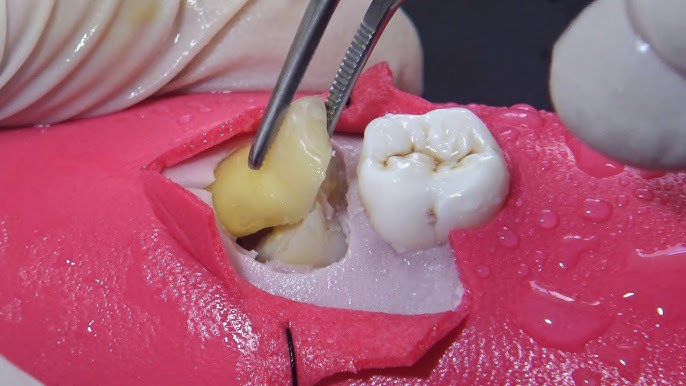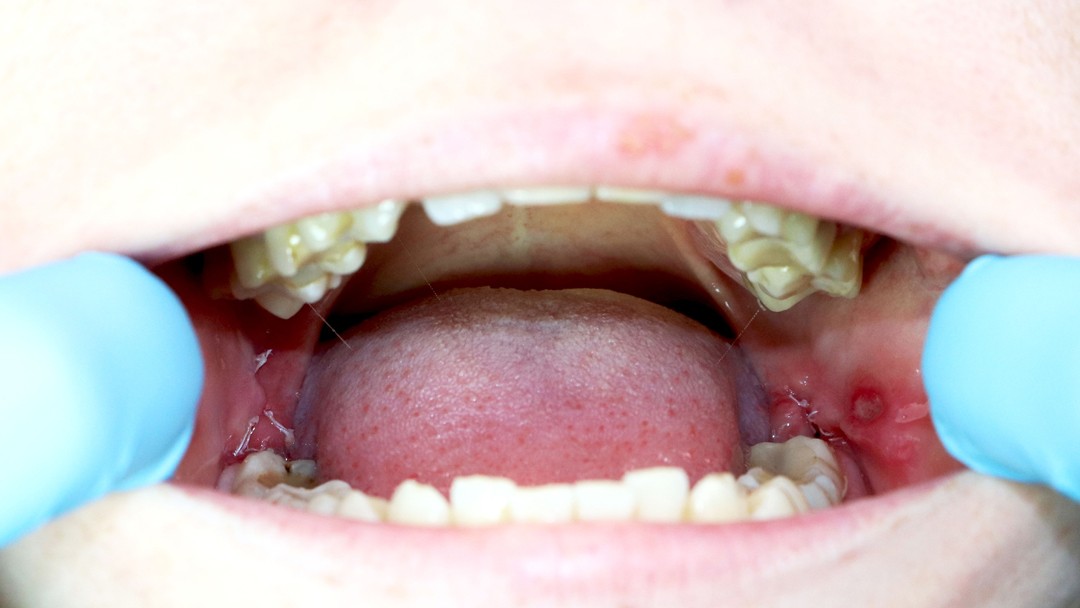Expert Dentists
Expert Dentists
Blog Article
Exploring Various Sedation Options for a Comfy Wisdom Teeth Removal Experience

Regional Anesthesia
Local anesthetic is a frequently used technique for numbing particular locations of the mouth throughout wisdom teeth extraction treatments. By providing a regional anesthetic, such as lidocaine, a dental professional can make certain that the individual remains pain-free and comfy throughout the removal process.
One of the key benefits of local anesthesia is its targeted numbing effect, which indicates that just the certain location being dealt with is impacted. This local technique lessens the threat of systemic side results and enables a quicker recovery post-procedure. wisdom teeth removal aspendale. Additionally, regional anesthetic is considered to be a regular and risk-free practice in dentistry, with very little dangers involved when provided by a skilled specialist
Nitrous Oxide

Furthermore, laughing gas is recognized for its quick recuperation time. Once the mask is removed, the results of the gas disappear swiftly, allowing individuals to resume their typical tasks without remaining sedative effects. This makes nitrous oxide a practical selection for those who need to drive themselves home after the oral visit. Nitrous oxide is suitable for individuals of all ages, making it a versatile sedation alternative for knowledge teeth extractions and various other dental treatments.
Dental Sedation

One of the key benefits of oral sedation is its simplicity of administration. Unlike intravenous sedation, dental sedation does not require needles or injections, making it a more comfy alternative for individuals with a worry of needles. Additionally, dental sedation is thought about effective and secure when provided by experienced oral specialists. However, it is vital for people to adhere to pre-operative directions offered by their dental expert, such as avoiding consuming or consuming alcohol prior to the procedure to guarantee the sedative drug works as planned.
IV Sedation
Carried out intravenously by skilled physician, IV sedation is an effective technique utilized to induce a regulated state of deep leisure and unconsciousness throughout oral treatments. Unlike oral sedation, which can be uncertain in its impacts, IV sedation permits precise control over the degree of sedation, making it an ideal selection for complicated treatments like wisdom teeth extractions.
Throughout IV sedation, a sedative drug is supplied straight right into the blood stream through a vein, enabling it to work swiftly and successfully. This method guarantees that the client continues to be unaware and comfy of the treatment while still preserving essential features such as breathing and heart rate.
Among the primary benefits of IV sedation is its ability to give a deeper level of sedation contrasted to various other approaches, making it specifically ideal for individuals with high degrees of anxiety or those undertaking substantial oral work. In addition, the effects of IV sedation usually disappear gradually after the procedure, reducing the probability of grogginess or remaining side impacts. Overall, IV see it here sedation offers a risk-free and Go Here effective alternative for making sure a comfy and stress-free experience during wisdom teeth extraction.
General Anesthesia
Having talked about the benefits of IV sedation for knowledge teeth removal, the usage of general anesthetic offers a different choice for people needing a much deeper level of unconsciousness during oral procedures. General anesthetic induces a controlled state of unfamiliarity, making sure the individual feels no discomfort or discomfort during the extraction process. This method is specifically beneficial for people with extreme oral anxiety, complicated medical needs, or those going through numerous extractions all at once.
General anesthetic is administered by a qualified anesthesiologist that closely checks the client's essential indicators throughout the procedure. It involves using intravenous drugs or breathed in gases to cause a state of unconsciousness. While under basic anesthesia, the individual will certainly not understand the surgical treatment, experience any type of pain, or have any kind of recollection of the procedure afterward.
Although basic anesthetic is risk-free when provided by certified specialists, it lugs a slightly greater threat contrasted to various other sedation choices. wisdom teeth removal aspendale. Patients thinking about general anesthetic for knowledge teeth removal must talk about the potential dangers and advantages with their dental professional or dental specialist to make a notified decision based upon their individual requirements and case history
Final Thought
In final thought, numerous sedation alternatives are available to make sure a comfortable knowledge teeth extraction experience. Dental sedation and IV sedation offer deeper levels of leisure, depending on the patient's requirements.
Nitrous oxide is ideal for patients of all ages, making it a flexible sedation choice for knowledge teeth removals and other dental treatments.
Unlike intravenous sedation, oral sedation does not need needles or shots, making it a much more comfy choice for individuals with an anxiety of needles.One of the primary advantages of IV sedation click is its capability to give a deeper level of sedation compared to various other methods, making it specifically appropriate for patients with high degrees of stress and anxiety or those going through considerable oral job.Having talked about the advantages of IV sedation for knowledge teeth removal, the application of basic anesthesia supplies an alternative option for individuals requiring a deeper degree of unconsciousness during oral procedures. Dental sedation and IV sedation offer much deeper levels of relaxation, depending on the client's requirements.
Report this page